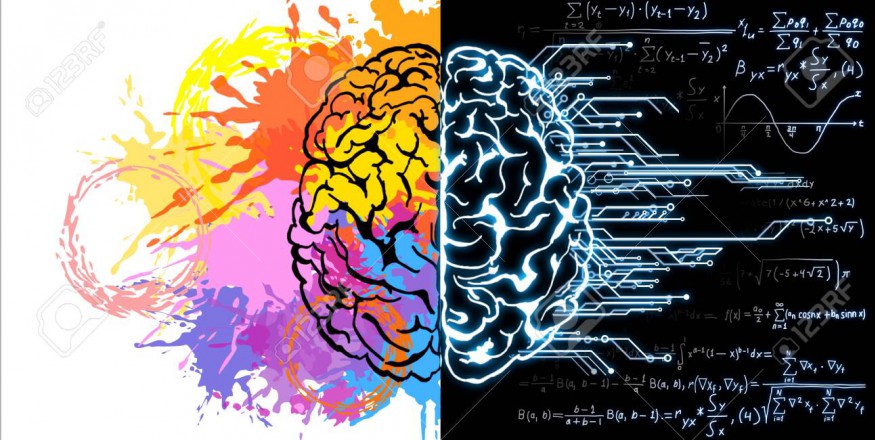For centuries, our universe has been a thing of wonder, an element of constant fascination, an unanswered question. One of the major questions that has been asked is; How is it that just one planet, out of eight, receive that blessing of entertaining life?
Have you heard of the saying ‘Every question has an answer. Every problem has a solution. Perhaps we are asking the wrong question’.
Indeed we are!
The Solar System wasn't made up of just eight planets.
Let's break this down right from the Big Bang. Big Bang blasts, Milky Way is created, and our Sun along with the eight planets are formed.
Now this is where our idea falters. We know Big Bang is one mess of an explosion, so how could such a mess put all the eight planets in their rightful orbits? That teases the idea that entropy or disorderliness exists in the universe.
The explosion happens once again, but this time, we have planets, more than eight. But these extra planets are placed in such a position that overtime, their orbits wouldn't prove successful. Let's call these planets U-planets.
Now some of these U-planets were attracted by the gravitational pull of one of our eight planets that they started revolving around it. Now these U-planets are what we call natural satellites or moons.
The other U-planets were not so fortunate. They were in a collision course, either with the planets, or the Sun, or each other. The ones heading towards each other must have succeeded in doing so, and they collide to create fragments. The fragments, along with the other U-planets, raced headfirst into the Sun and our planets.
These colliding bodies could have had in them iron, sulfides, nitrates, water or hydrogen or anything unique other planets did not possess. These collisions could explain the amount of craters etched into the planets and moons of our solar system and could answer how our Earth acquired water and minerals essential for life to initiate.
What proves this idea is the discovery that Moon and Mars hold traces of water themselves. Thus these two heavenly bodies were close to the Earth and had received the same meteors Earth also had. But unfortunately, they never held the conditions or atmosphere to retain these priceless commodities.
This is just an idea such that today, you could call this an average schoolboy's theory. But who knows, tomorrow we might discover that such planets indeed existed, planets whose demise initiated life in our Mother Earth. Planets where life could've existed.






















